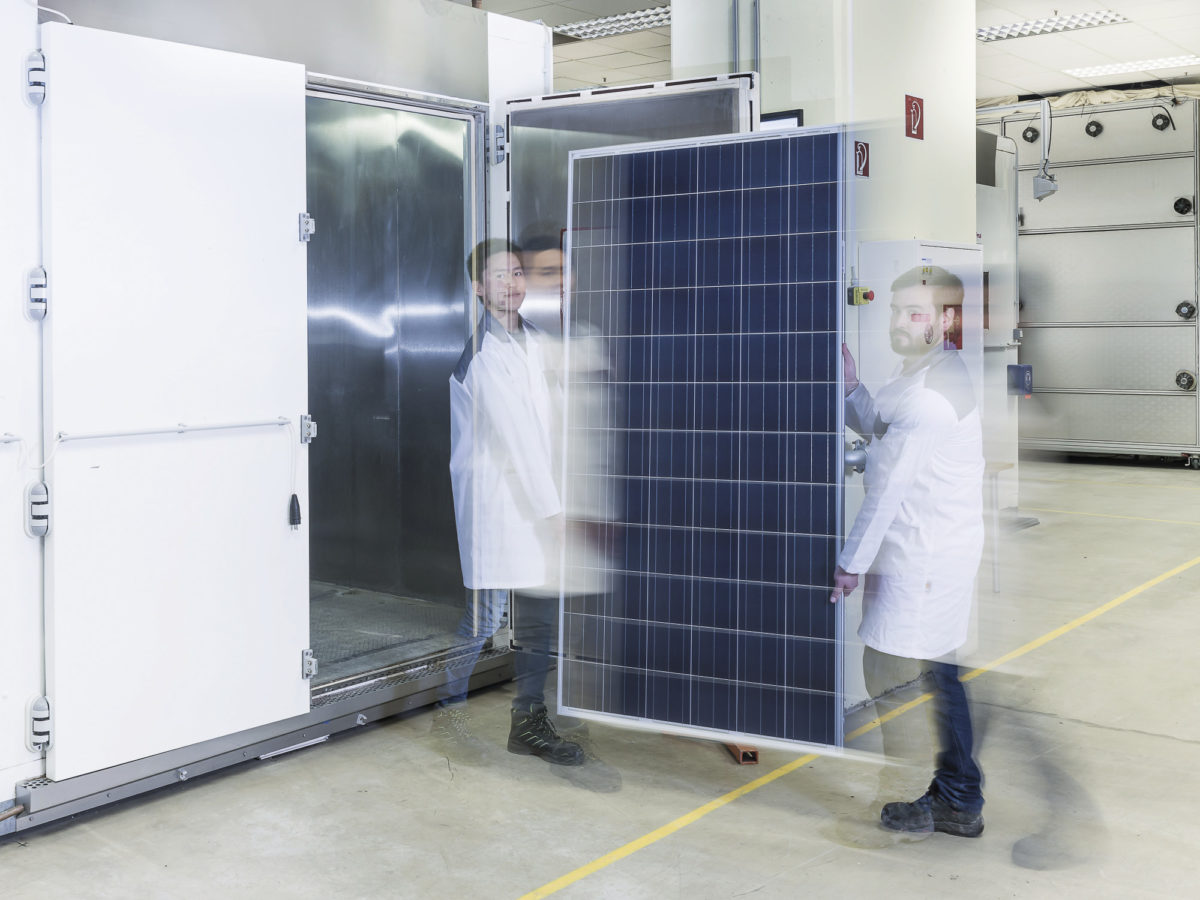A private sector thinktank in Bangladesh has called on the government to provide the solar equipment testing facilities needed to back up planned legislation mandating quality assurance for imported goods.
With consumers having long voiced concern about imports of sub-standard rooftop solar equipment, government agency the Bangladesh Standard and Testing Institution (BSTI) has prepared minimum performance rules for solar modules, inverters, batteries, and charge controllers. Those regulations are in the process of being incorporated into the import policy order for 2021-24. Inclusion in the policy order will require mandatory testing of the products.
Concern
However, there are concerns the small number of BSTI-owned solar equipment testing labs available in the country will not be sufficient to ensure minimum standards are upheld.
Tahmid Zami, additional research director for the Business Initiative Leading Development thinktank, said: “It is now essential to develop [the required] testing and certification capacity.”
The BSTI has three labs suitable for testing solar equipment performance, at the Bangladesh Council of Scientific and Industrial Research (BCSIR); Bangladesh University of Engineering and Technology (BUET); and Chittagong University of Engineering and Technology. Further facilities, at the Rajshahi University of Engineering and Technology and at Khulna University of Engineering and Technology, are preparing to undertake the same services.
BSTI director general Nazrul Anwar said the institution will set up 69 new laboratories by 2041, including 21 capable of analyzing the physical standards of goods for certification. “The BSTI is working with other government institutions, as well as private sector organizations, to upgrade the country’s testing, certification and quality compliance regime in the area of rooftop solar power,” he said.
A year ago, pv magazine reported government body the Sustainable and Renewable Energy Development Authority had approved the use of 17 laboratories owned by state entity the Bangladesh Petroleum Corp for testing solar equipment. In addition to the BCSIR and BUET labs, pv magazine reported a senior BSTI official had suggested unspecified “private sector facilities” could also be used for testing.
At present, none of the BSTI-owned laboratories has international accreditation, which could pose problems for Bangladeshi solar manufacturers seeking to export their products.
Mohin Habib, chief executive of Bangladeshi solar manufacturer Rahimafrooz Renewable Energy Ltd, said lowering the lead time for testing solar equipment is a must for the sector’s sustainability.
This article was amended on 17/02/22 to indicate the import policy order which would require testing of solar modules, inverters, batteries and charge controllers is for the 2021-24 period, not the 2021-22 fiscal year, as previously stated.
This content is protected by copyright and may not be reused. If you want to cooperate with us and would like to reuse some of our content, please contact: editors@pv-magazine.com.



1 comment
By submitting this form you agree to pv magazine using your data for the purposes of publishing your comment.
Your personal data will only be disclosed or otherwise transmitted to third parties for the purposes of spam filtering or if this is necessary for technical maintenance of the website. Any other transfer to third parties will not take place unless this is justified on the basis of applicable data protection regulations or if pv magazine is legally obliged to do so.
You may revoke this consent at any time with effect for the future, in which case your personal data will be deleted immediately. Otherwise, your data will be deleted if pv magazine has processed your request or the purpose of data storage is fulfilled.
Further information on data privacy can be found in our Data Protection Policy.